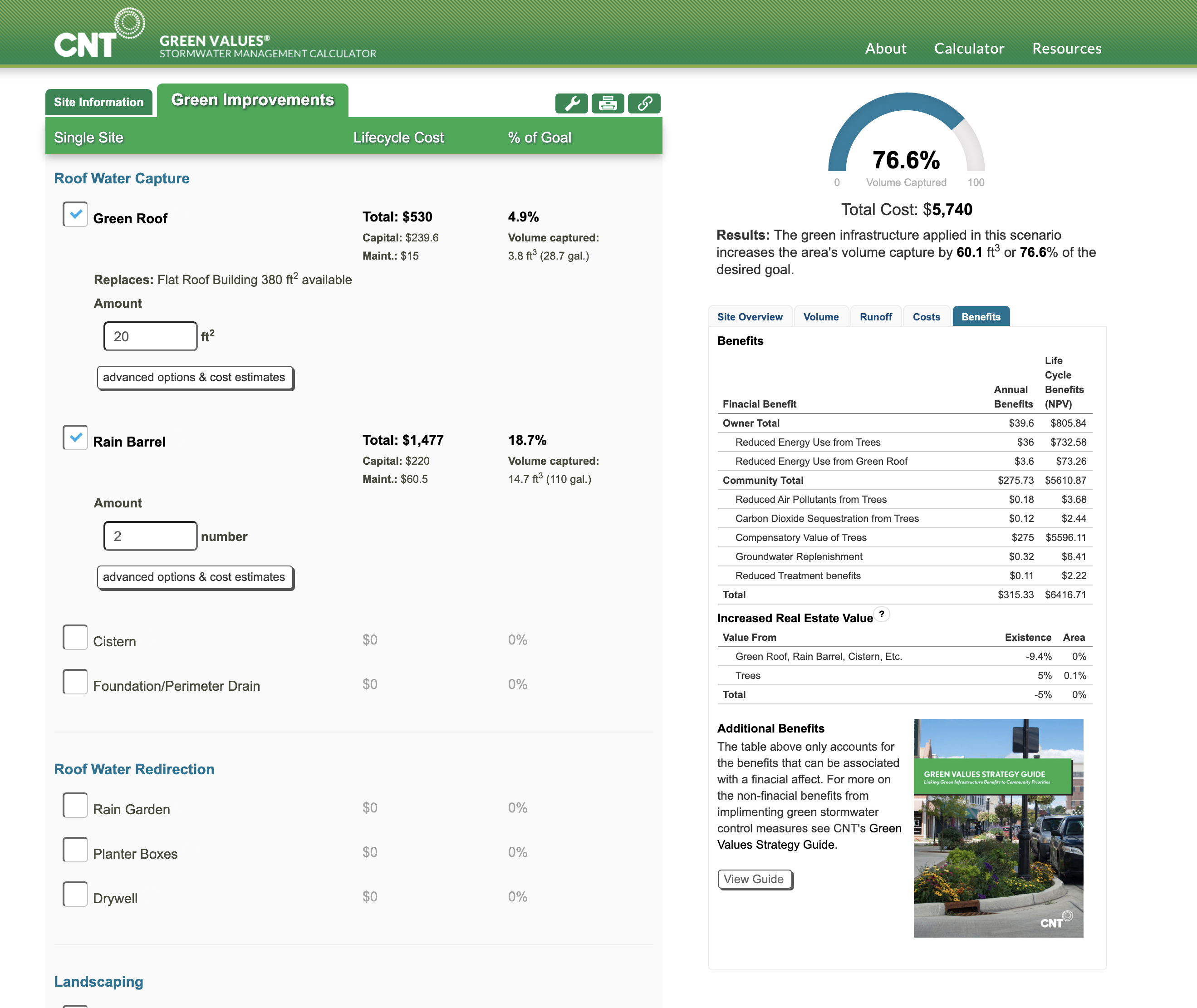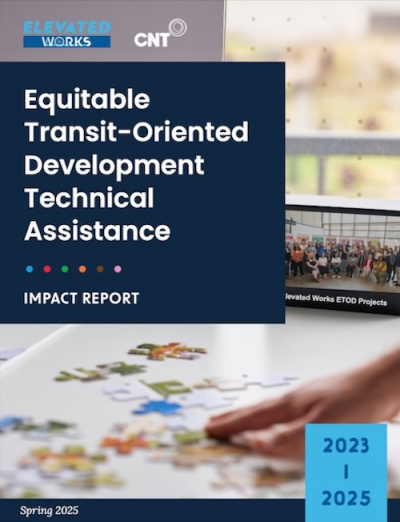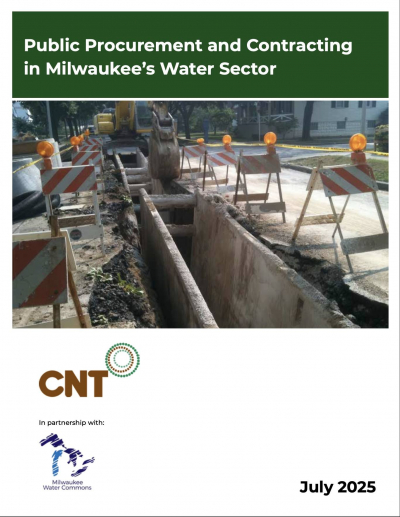Local governments hold a tremendous amount of power and responsibility, anchoring nearly all public spending on water operations and capital improvements. Milwaukee is a model for the nation in many ways, however, access to water-related jobs and contracts for all in the Milwaukee water sector remains an ongoing challenge, according to our new report, Public Procurement and Contracting in Milwaukee's Water Sector.
The report highlights that good-faith efforts to share opportunities to work for and do business with Milwaukee Metropolitan Sewerage District and the City of Milwaukee could be expanded to become even more effective.
There's growing demand for water infrastructure workers and significant potential for new business development from increased infrastructure investment. In this report, we:
- Survey the local landscape of business certification and workforce development policies in Milwaukee, including an assessment of how local policies may be impacted by changes under the Trump administration.
- Present perspectives from local utilities, city staff, workforce development organizations, water industry contractors, procurement specialists, advocates, and others, based on 25 interviews.
- Summarize several other cities' policies and strategies supporting small and minority contractors.
Recent national investments in infrastructure funding will generate an average of 2.9 million new jobs annually and 19 million job-years over their lifetime. Notably, 70% of the jobs created won't require four-year college degrees, which presents an important opportunity for many low-income and blue-collar workers to gain access to these jobs, including historically underrepresented groups in the water sector.
The City of Milwaukee alone paid $500.3 million in prime construction spending within the four-county metro area from 2015-2019, according to a 2023 disparity study conducted by Atlanta-based firm Griffin & Strong. However, only 8.55% was awarded to Small, Women- and Minority-owned Business Enterprise (SMWBEs) as prime contractors. Total utilization (prime plus subcontracting) of SMWBEs was 16% in construction, 13% in architecture and engineering, 7% in other services, and 8% in goods.
In our research we identified opportunities to build on existing initiatives to address this challenge, and ensure that Milwaukee communities benefit from the economic investments in their cities infrastructure:
Invest in support for contractors entering into the water sector
Becoming a government contractor is complicated, with significant barriers to entry that disproportionately impact already marginalized communities. Procurement and contracting standards are an insiders game, with requirements that differ by agency, level of government, and the local and state political environment.
The policies and procedures of individual federal agencies vary. Changes in federal administrations can shift programs. The integration of federal infrastructure funding with state and local dollars can also further complicate requirements.
Financial support is often dependent on your existing access to capital and good credit. Community Development Financial Institutions, Workforce development programs, technical assistance and contractor mentorship programs, and financial support for SWMBE businesses, are underutilized tools that would help Milwaukee meet its goals around utilizing diverse businesses and creating access to living wage positions in the water sector.
Add accountability and oversight by tracking and enforcing existing policies
There is not sufficient communication, coordination, and investment happening between partners in Milwaukee’s water sector to support business development and ensure that contractors meet the requirements of policies aimed at addressing disparities in Milwaukee’s water sector. Assessing and expanding the capacity for monitoring local hiring requirements and apprenticeship pathways, as well as requirements for the utilization of SWMBE businesses, will help to eliminate loopholes that stifle the goals of well intentioned public policies and stand in the way of economic opportunities for marginalized communities.
Shift practices to create opportunity
Innovative changes to public procurement could have significant impacts for attracting and supporting disadvantaged businesses. Providing a range of bid package sizes through project scaling and phasing, will help to foster a healthy business environment that enables the success of both small and large contractors.Restructuring bonding processes to make them more accessible for smaller firms, and improving solicitation and outreach will enable a larger and more diverse pool of businesses to compete on and access public contracts.
We hope this report serves as a catalyst for conversations on policy reform in Milwaukee and beyond.
The lead author on this report was Ryan Scherzinger, AICP. The Mott Foundation and Kresge Foundation provided support for this project.





 Strengthening Transit Through Community Partnerships
Strengthening Transit Through Community Partnerships
